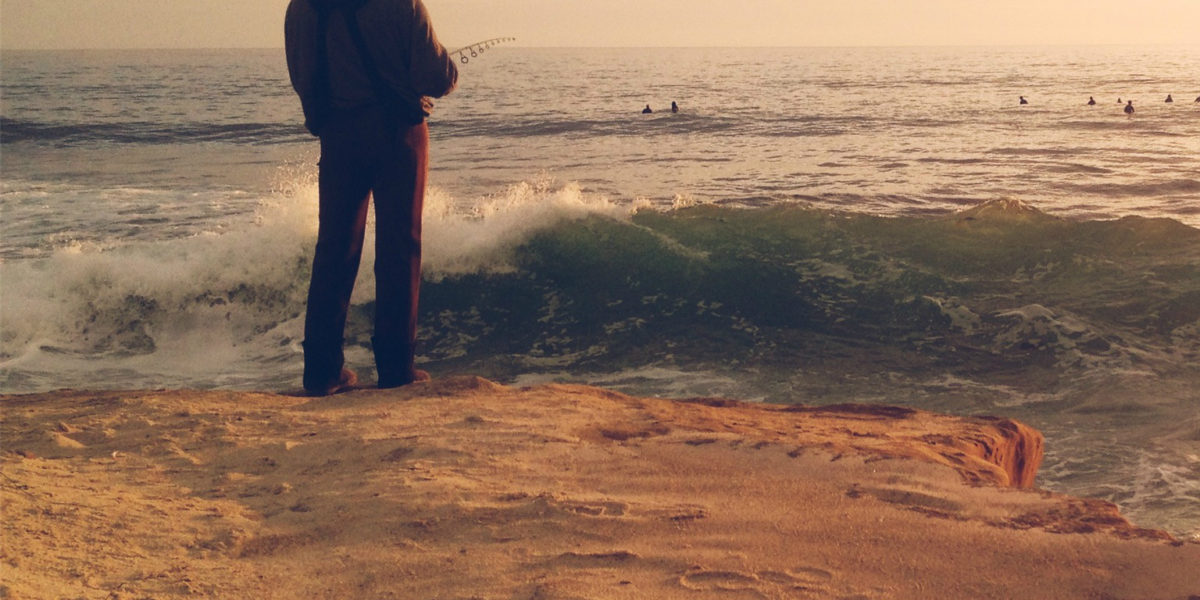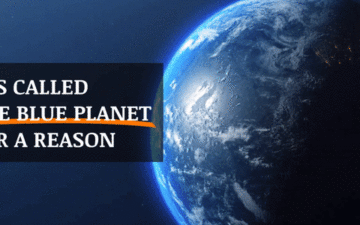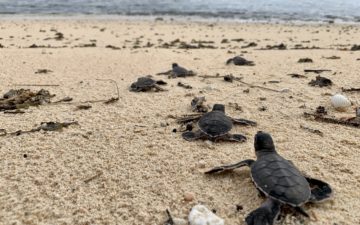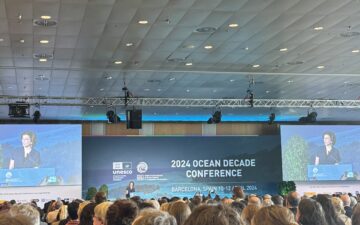Mark J. Spalding, President of The Ocean Foundation
Last month I went to the port city of Kiel, which is the capital of the German state of Schleswig-Holstein. I was there to participate in the Ocean Sustainability Science Symposium. As part of the first morning’s plenary sessions, my role was to talk about “Oceans in the Anthropocene – From the Demise of Coral Reefs to the Rise of Plastic Sediments.” Preparing for this symposium allowed me to reflect once again on the human relationship with the ocean, and strive to summarize what we are doing and what we need to do.
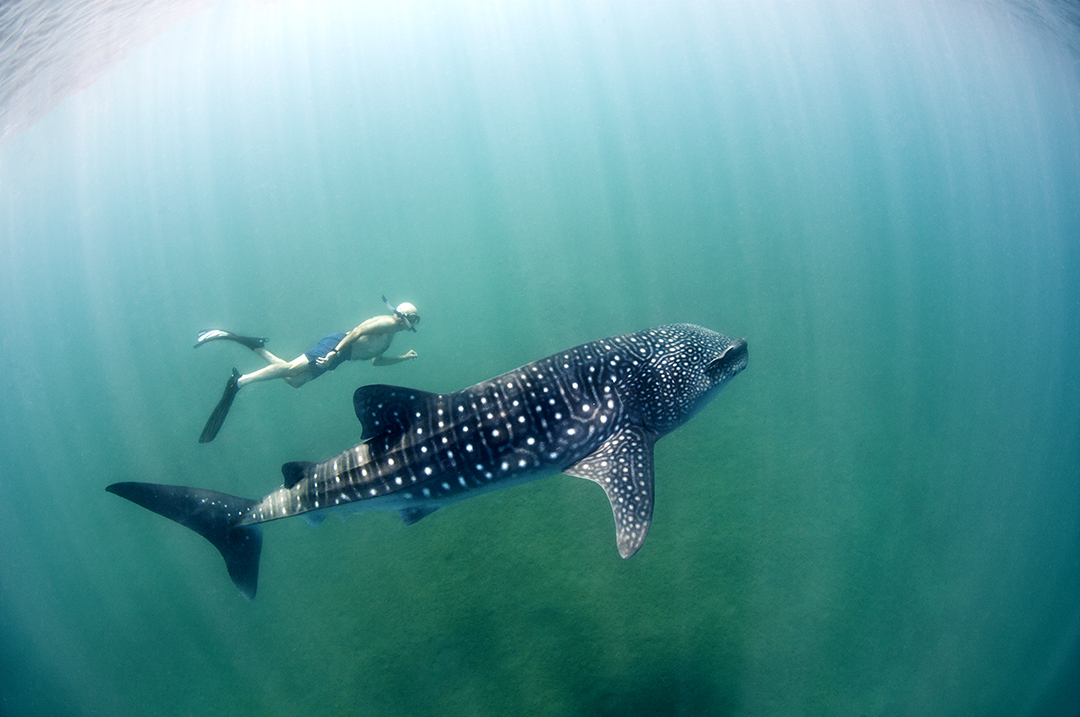
We need to change how we treat the ocean. If we stop harming the ocean, it will recover over time without any help from us. We know that we are taking too much good stuff out of the ocean, and putting too much bad stuff in. And increasingly, we are doing so faster than the ocean can repopulate the good stuff and recover from the bad. Since World War II, the volume of bad stuff has increased steadily. Worse, more and more of it is not only toxic, but also non-biodegradable (certainly in any reasonable time frame). Diverse streams of plastic, for example, make their way to oceans and estuaries, gathering in the five gyres and breaking down into tiny bits over time. Those bits are finding their way into the food chain for animals and humans alike. Even corals are found to eat these tiny bits of plastic—absorbing the toxins, bacteria and viruses they’ve picked up and blocking absorption of real nutrients. This is the kind of harm that must be prevented for the sake of all life on earth.
We have an unavoidable and undeniable dependence on the ocean’s services, even if the ocean is not really here to serve us. If we continue to base the growth of the global economy on the ocean, and as certain policymakers look to the ocean for new “blue growth” we must:
• Strive to do no harm
• Create opportunities for restoration of the ocean health and balance
• Take pressure off the shared public trust—the commons
Can we promote international collaboration tied to the very nature of the ocean as a shared international resource?
We know the threats to the ocean. In fact, we are responsible for its current state of degradation. We can identify the solutions and take responsibility for implementing them. The Holocene is over, we have entered into the Anthropocene—that is to say, the term that now describes the current geological epoch that is modern history and shows the signs of significant human impact. We have tested or exceeded nature’s limits through our activities.
As one colleague recently said, we have kicked ourselves out of paradise. We enjoyed about 12,000 years of a stable, relatively predictable climate and we’ve done enough damage through emissions from our cars, factories and energy utilities to kiss that goodbye.
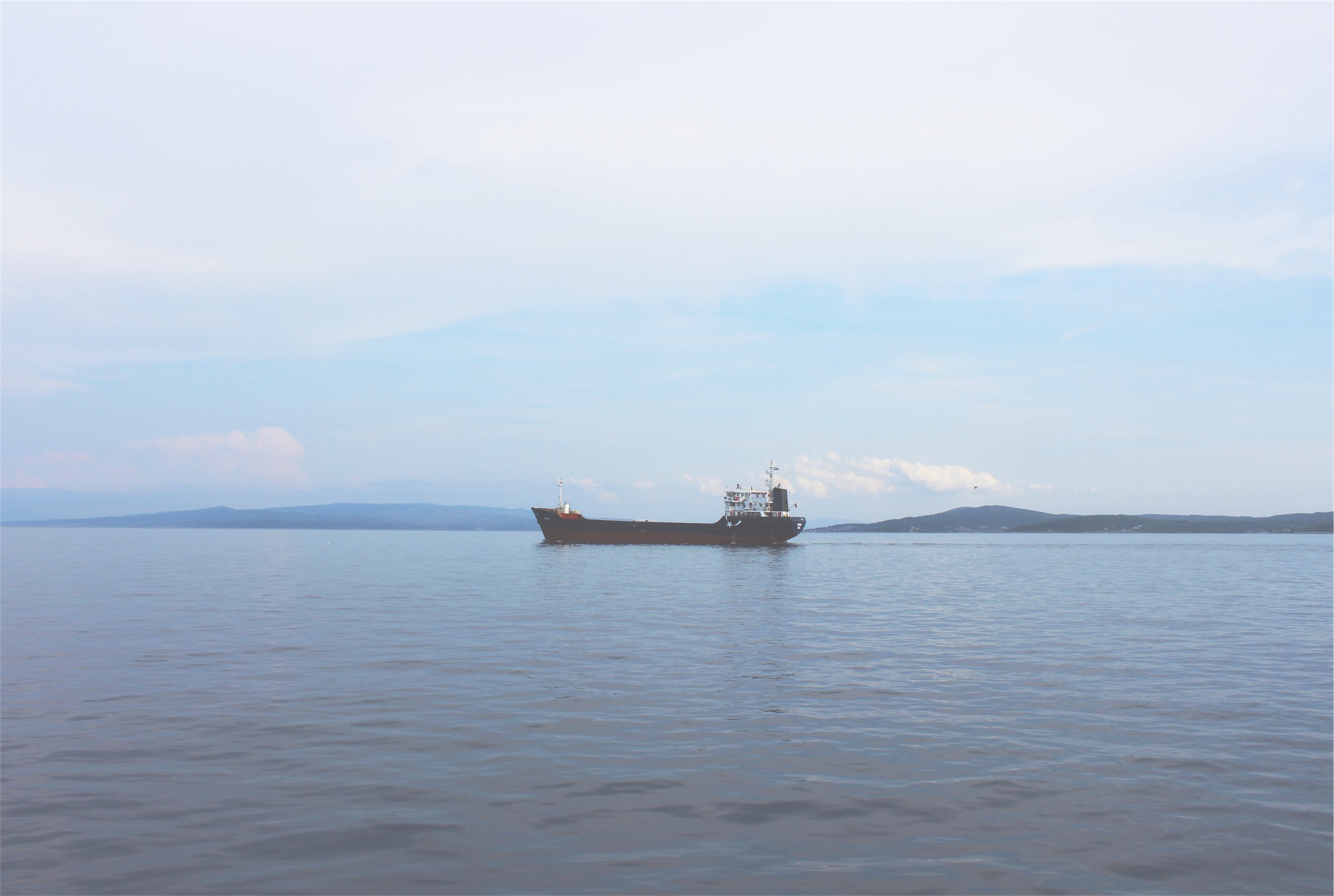
To change how we treat the ocean, we must define sustainability more holistically than we have previously done – to include:
• Think about proactive preventive and curative steps, not just reactive adaptation in the face of rapid change
• Consider the ocean’s function, interactions, cumulative impacts, and feedback loops.
• Do no harm, avoid more degradation
• Ecological protections
• Socio-economic concerns
• Justice / equity / ethical interests
• Aesthetic / beauty / view sheds / sense of place
• Historic / cultural values and diversity
• Solutions, enhancement and restoration
We have succeeded in raising awareness of ocean issues over the last three decades. We have made sure that ocean issues are on the agenda at international meetings. Our national and international leaders have come to accept the need to address the threats to the ocean. We can be hopeful that we are now moving toward action.
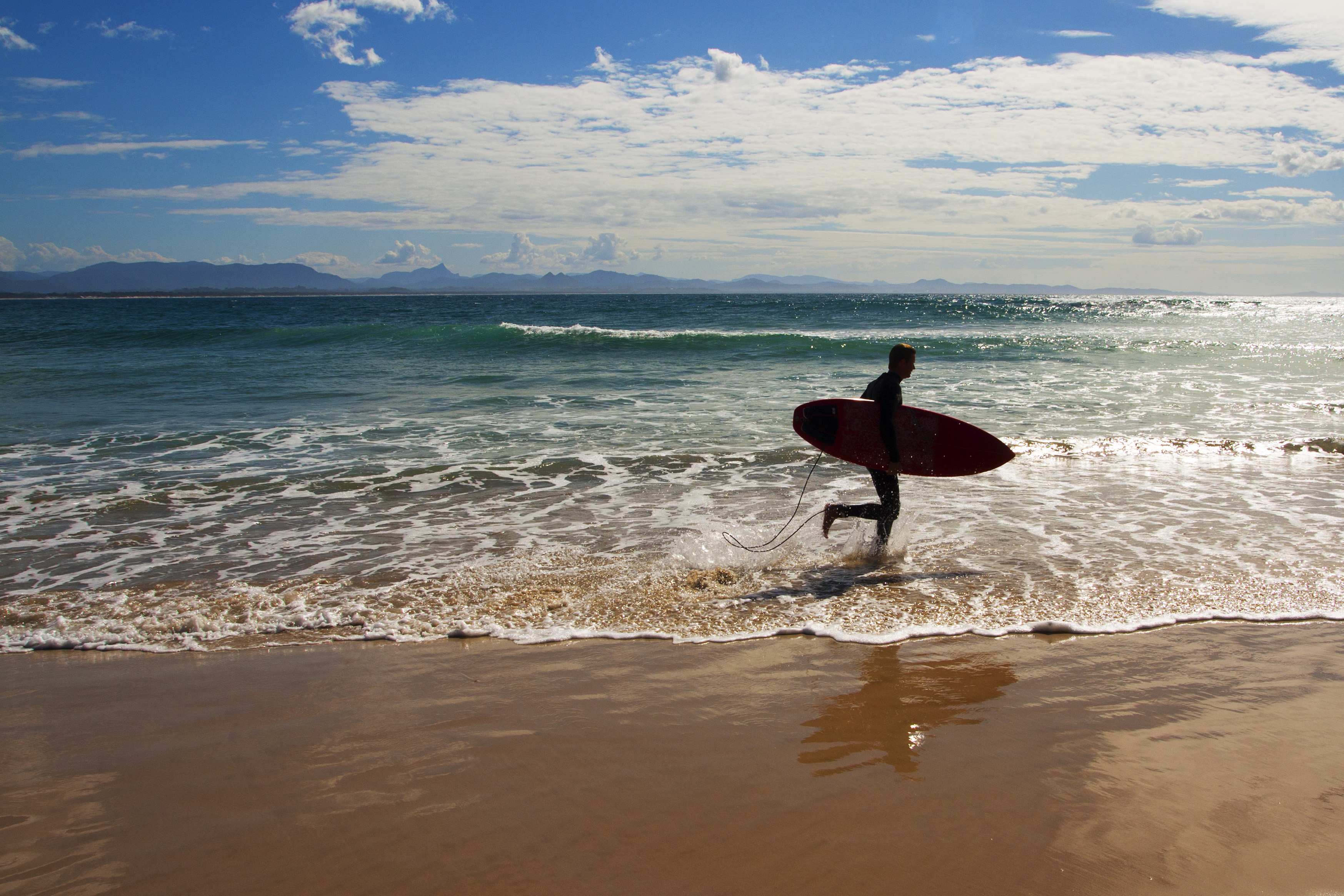
As we have done to some extent with forestry management, we are moving from use and exploitation to protection and preservation of the ocean as we recognize that like healthy forests and wildlands, a healthy ocean has inestimable value for the benefit of all life on earth. It can be said that we partly got off on the wrong foot in the earliest days of the history of the environmental movement when voices calling for preservation lost out to those who emphasized mankind’s “right” to use God’s creation for our benefit, without taking seriously our obligation to steward that creation.
As an example of what can be done, I will close by pointing to ocean acidification, a consequence of excess Greenhouse Gas emissions that was known but little understood for decades. Through his series of meetings on “The Oceans in a High CO2 World,” Monaco’s Prince Albert II, fostered rapid development of science, greater collaboration among scientists, and a common international understanding of the problem and its cause. In turn, government leaders responded to the clear and convincing impact of ocean acidification events on shellfish farms in the Pacific Northwest—establishing policies to address the risk to an industry worth hundreds of millions of dollars to the region.
Thus, through the collaborative actions of a number of individuals and the resulting shared knowledge and willingness to act, we were able to see quick translation of the science to proactive policy, policies which in turn are improving the health of the resources on which all life depends. This is a model we need to replicate if we are going to have ocean sustainability and protect marine natural resources for future generations.
